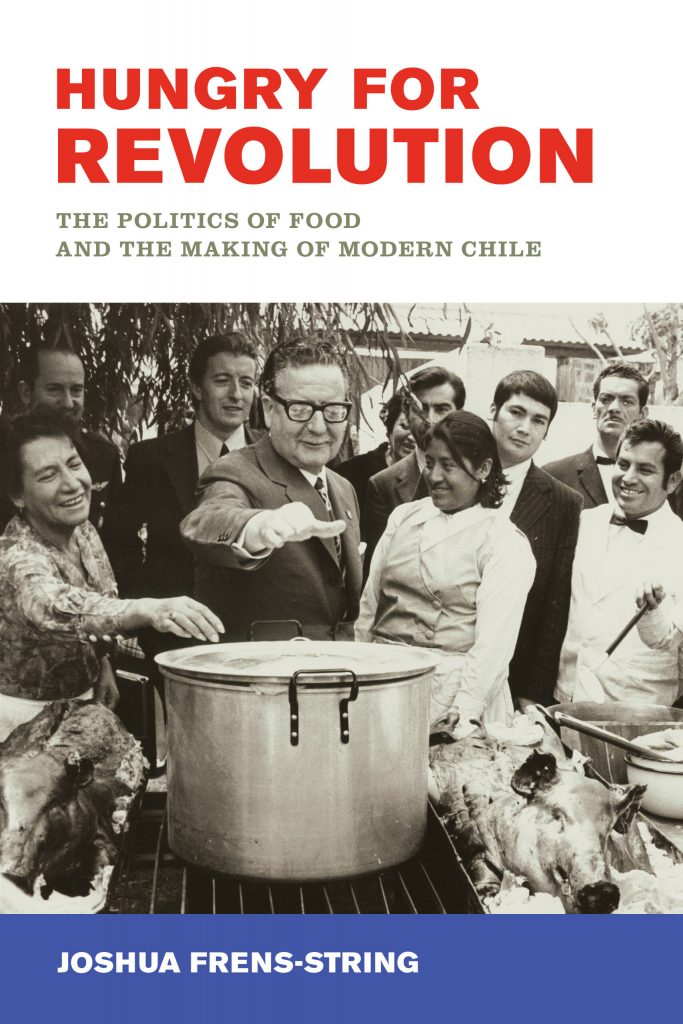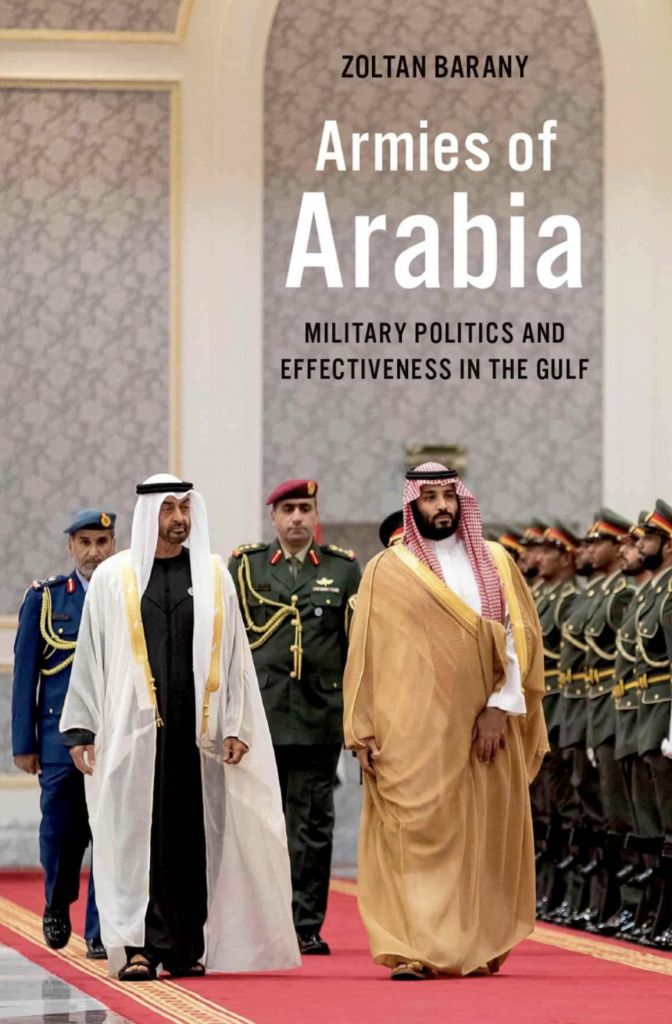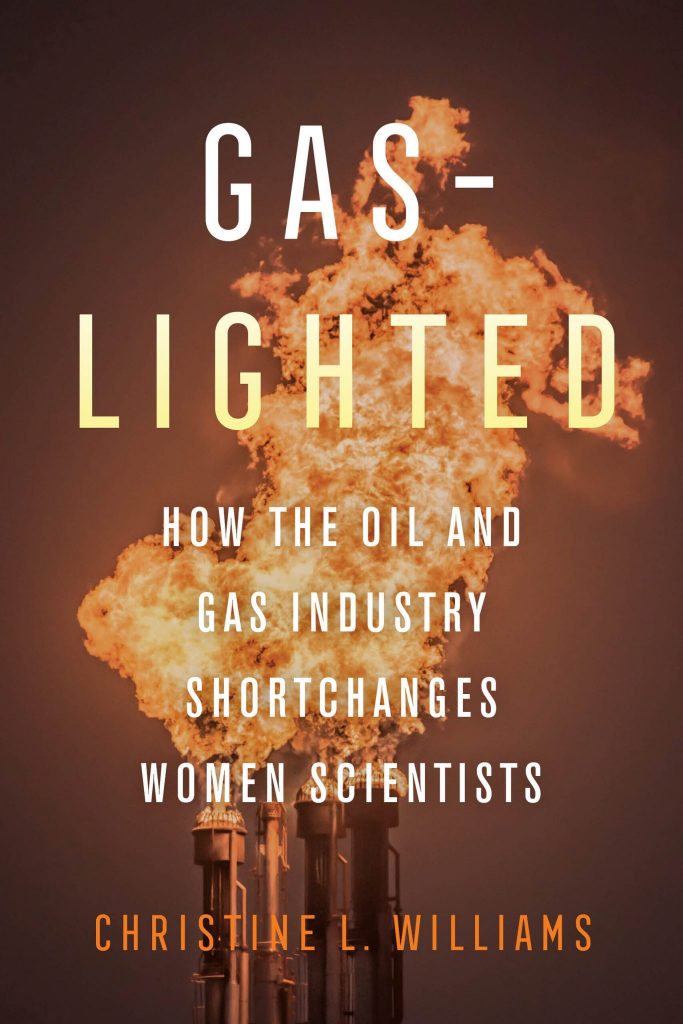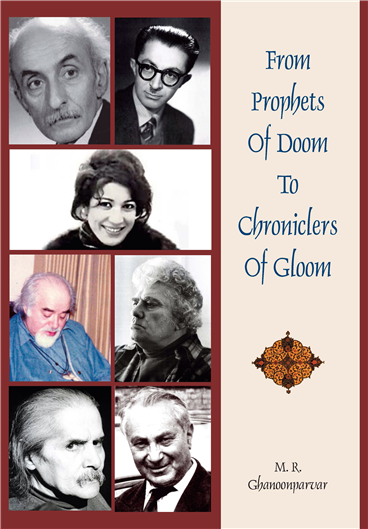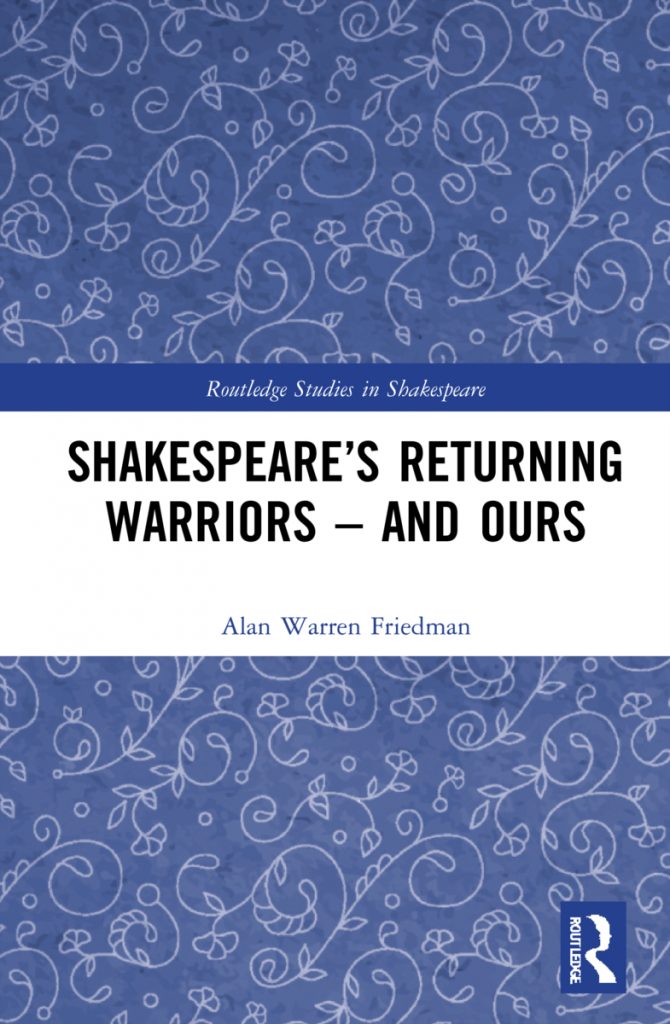The following are a selection of book excerpts from recently published faculty in the College of Liberal Arts. Read about food and politics in Chile, women in the oil and gas industry, and more.
“By placing the history of food at the center of my research, I came to see that, across multiple decades, Chileans had sought to make food security a right of citizenship and a cornerstone of a more inclusive economic democracy. As a result, my research also revealed how one of the most pressing concerns in contemporary Chile—the problem of inequality—manifested and reproduced itself through the country’s system of food production, distribution, and consumption.”
Hungry for Revolution: The Politics of Food and the Making of Modern Chile
University of California Press, June 2021
By Joshua Frens-String, assistant professor of history and associate of the Teresa Lozano Long Institute of Latin American Studies
“Many Kuwaiti civilians who stayed behind put up a spirited resistance against the Iraqi occupation forces that executed hundreds of them during their seven-month-long stay. The invasion of Kuwait and the subsequent Gulf War was, in several respects, a formative moment in the politico-military history of the region.”
Armies of Arabia: Military Politics and Effectiveness in the Gulf
Oxford University Press, September 2021
By Zoltan Barany, professor of government
“Companies claim that they value diversity, but the employment policies they implement to achieve greater diversity do not disrupt the systemic sexism and racism, and other forms of social inequality, that are built into their organizations. Instead, they attempt to throw critics off the scent. This is the essence of organizational gaslighting. One of the goals of this book is to understand why I was misled and to encourage others to recognize organizational gaslighting when it happens to them.”
Gaslighted: How the Oil and Gas Industry Shortchanges Women Scientists
University of California Press, October 2021
By Christine L. Williams, professor of sociology
“Much of the post-revolution fiction of Iranian authors presents the reader with often confused and desperate characters who live in an unstable world and express, as it were, a sense of urgency and focus on the present rather than the future. This sense of urgency and here and now is especially evident in the work of the war veteran writers.”
From Prophets of Doom to Chroniclers of Gloom
Mazda Publishers, 2021
By M. R. Ghanoonpavar, professor emeritus of Middle Eastern studies
Read excerpt.
“Most Shakespearean tragedies begin with their titular protagonists returning, immediately or imminently, from highly successful martial combat. They are usually eagerly greeted or awaited by the citizenry, whose cause they have championed and whose enemies they have defeated, who hail and honor their heroes’ great battlefield prowess and achievement. But their triumphant re-entries into the civilian sphere quickly disintegrate into domestic disease and conflict that become deadly largely because the returning military leaders feel insufficiently appreciated, even betrayed, by those who, having stayed at home, can never understand or fully value what they have experienced and accomplished, no matter how much they seek to honor them.”
Shakespeare’s Returning Warriors – and Ours
Taylor & Francis, November 2021
By Alan Warren Friedman, professor of English and comparative literature
Read excerpt.

